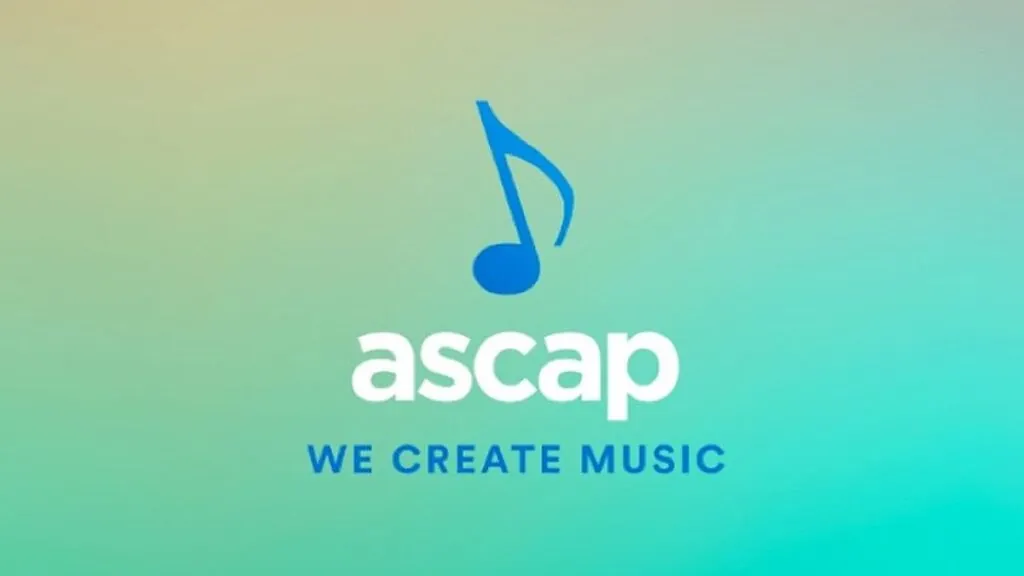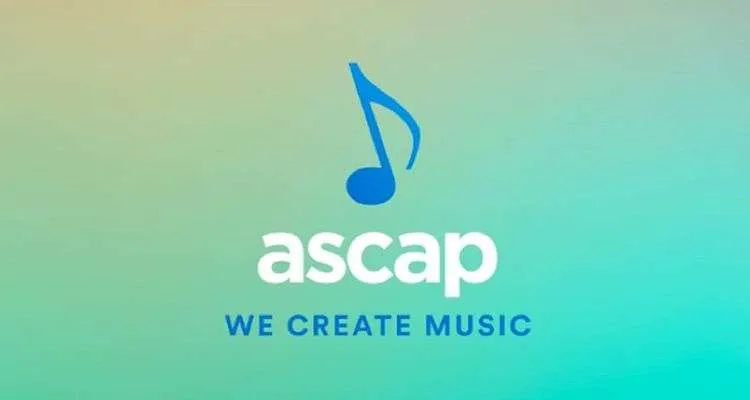ASCAP Formally Weighs in on AI, Calling for Enhanced Copyright Office Guidance and Opposing ‘Any Compulsory Licensing Requirements’


Photo Credit: ASCAP
A little over one month after a number of ASCAP songwriters urged legislative action on artificial intelligence, the performance rights organization (PRO) has forwarded nearly 60 pages’ worth of music-specific AI commentary and regulatory recommendations to the Copyright Office.
The American Society of Composers, Authors, and Publishers (ASCAP) just recently submitted its remarks to the Copyright Office, which had in late August formally solicited feedback pertaining to the unprecedented technology.
In particular, the Office is seeking insight on whether works created with AI can be copyrighted and, perhaps of more immediate significance, the best approach when dealing with AI models trained on protected media without authorization.
Several lawsuits centering on the latter – or the seemingly prevalent practice of leading AI systems’ ingesting and then tailoring their outputs based upon IP sans creator or rightsholder permission – are already in full swing. And particularly in the music space, unapproved soundalike releases are continuing to make commercial waves.
Towards the beginning of its Copyright Office comments, ASCAP reiterated the six artificial intelligence principles that its board had unanimously adopted earlier in 2023, including the prioritization of human creators and assuring credit and compensation for the use of protected works in AI. Needless to say, the principles also guided the remainder of the commentary, touching upon a variety of pertinent topics and ideas.
“In accordance with these principles, voluntary collective licensing is the best way to harness the power of generative AI while preserving the livelihoods of creators,” ASCAP wrote, proceeding to call for the creation of “a federal right of publicity” and for AI developers to retain information on “all copyrighted material present” in their systems.
Expanding upon the point, this clear-cut push for “a voluntary licensing scheme whereby the copyright holders can choose whether they wish their content to be used for AI training” may be the most noteworthy takeaway from ASCAP’s comments.
Although public performance royalties (for ASCAP as well as Broadcast Music, Inc.) are guided by government-mandated rates, the PRO emphasized its opposition to any sort of compulsory licensing for AI. Of course, this sentiment resulted from the positions of member songwriters and publishers, who evidently believe voluntary licensing and assistance from AI-usage laws to be the keys to maximizing revenue.
“Voluntary licensing—as opposed to compulsory licensing—is the most efficient solution to the copyright problems posed by generative AI,” spelled out ASCAP. “In order for it to work effectively, however, there needs to be clear guidance from the Copyright Office that consent of the rights holders must be obtained before the use of their copyrighted works for AI training.
“As a result, we oppose statutory changes concerning music licensing. In particular, we emphatically oppose any compulsory licensing requirements,” the organization proceeded. “Compulsory licensing in the music sector has been riddled with numerous inefficiencies and shortcomings to the detriment of music creators, resulting in price-suppression, multi-year litigations, and significant delays in payments to music creators.
“ASCAP has consistently supported and advocated for a free market with willing buyer and willing seller standards for pricing without government intervention,” the PRO emphasized.
Elsewhere in the voluminous document, ASCAP explained its opposition to an “opt-out” model through which creators, after their works have been ingested by an AI system, can request their removal. “We oppose an opt-out approach because it assumes that the copyrighted materials were obtained in a legitimate fashion to begin with,” indicated ASCAP.
Additionally, the entity expressed the belief that the sources from which AI models access troves of data should also face repercussions – “Common Crawl or similar organizations should be held responsible for knowingly facilitating infringement” – and stressed the overarching need for transparency regarding the works used by AI developers.
“As of now, AI companies do not take the view that the use of copyrighted works in generative AI development is unlawful,” ASCAP specified. “The Copyright Office must therefore play a critical role in the development of a rational and legitimate market for the use of copyrights in generative AI by making it clear to AI platforms that they must obtain the consent of the rightsholders of the copyrighted materials they use.”
Link to the source article – https://www.digitalmusicnews.com/2023/11/02/ascap-ai-copyright-office-comments/
Recommended for you
-
Mini Violin, Wooden Miniature Violin Model with Bow Stand Case Dollhouse Accessories for Home Office Decor Birthday Christmas Gift
$14,44 Buy From Amazon -
KORG MS2000 – Large Original WAVE Samples Studio Library
$14,99 Buy From Amazon -
AnNafi® Brass Blowing Bugle | Civil War Era Brass Bugle US Military Cavalry Style Horn | Musical Instrument Classic Style Boy Scout Retro Horn
$45,99 Buy From Amazon -
KIDWILL Wireless Bluetooth Karaoke Microphone for Kids, 5-in-1 Portable Handheld Karaoke Mic Speaker Player Recorder with Adjustable Remix FM Radio for Kids Girls Boys Teens Birthday (858-Blue)
$30,99 Buy From Amazon -
Afro-Cuban Dance Beats – Large authentic 24bit WAVE/Kontakt Samples/Loops Library
$14,99 Buy From Amazon -
MUSTAR Soprano Ukulele Kids Ukulele for Beginners – 21 Inch Small Guitar Ukulele for Kids Toddlers Birthday Holiday, Gig Bag, Digital Tuner, Strap, Picks All in One Kit, Kids Christmas Gifts
$39,99 Buy From Amazon -
Vangoa 6 String Banjo Guitar Full Size, 38 Inch Banjo Guitar with Resonator Closed Back, Remo Head, Beginner Banjitar Six String Banjo Kit for Adults Teens Starters
$209,99 Buy From Amazon -
JXW Electronic Drum Set, Electric Drum Practice Pad Roll Up Midi Drum Kit Kids Drum Set with Built-in Speakers Drum Sticks Drum Pedals, Holiday Christmas Birthday Gift Instrument Toys for Kids
$46,99 Buy From Amazon













Responses